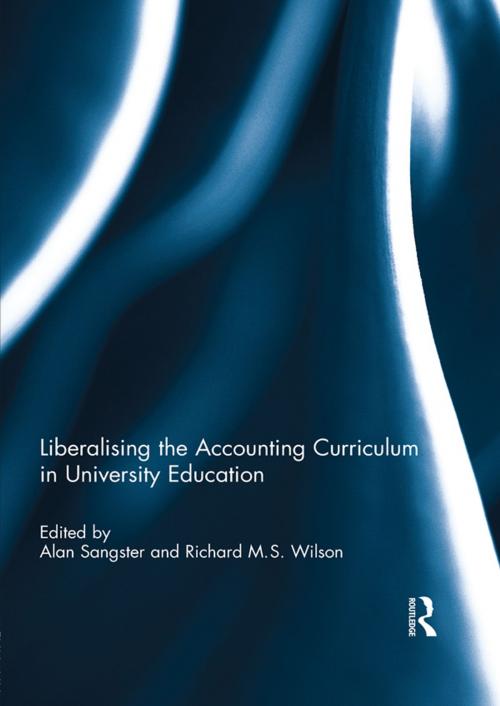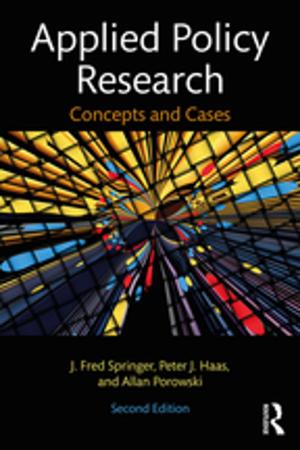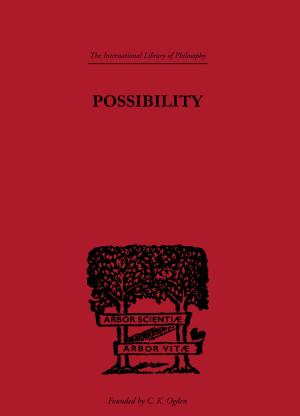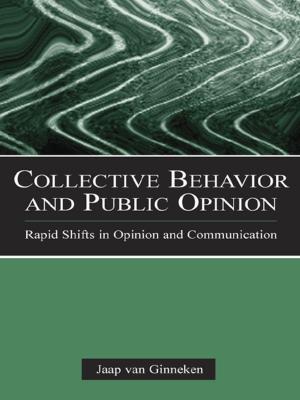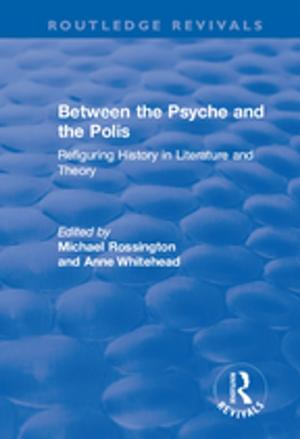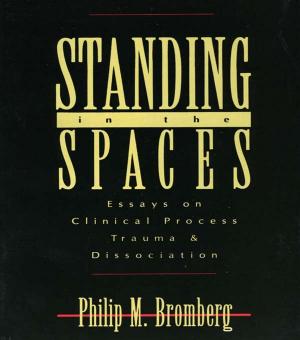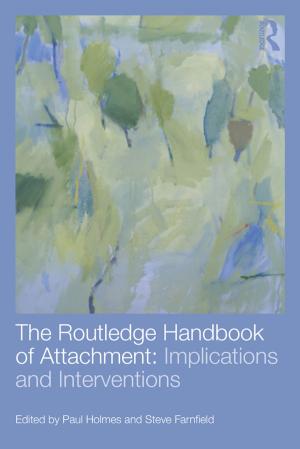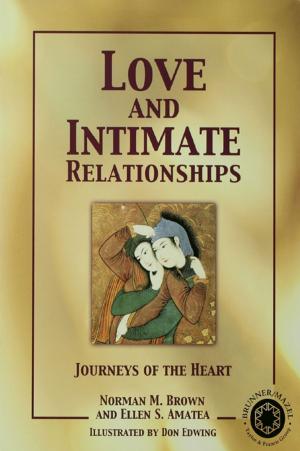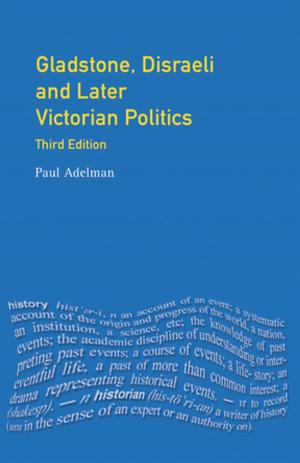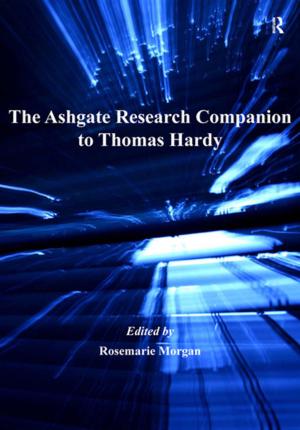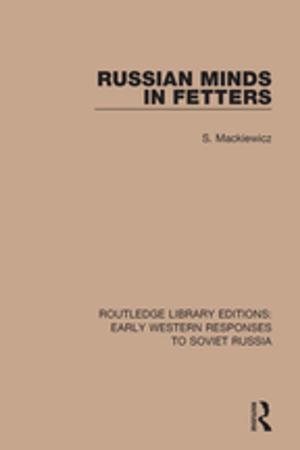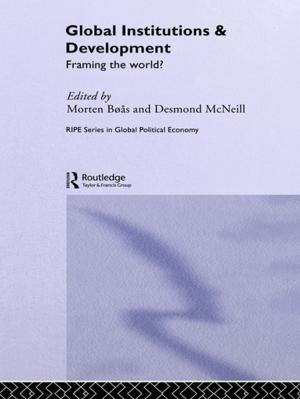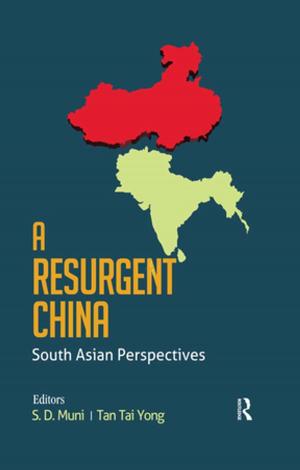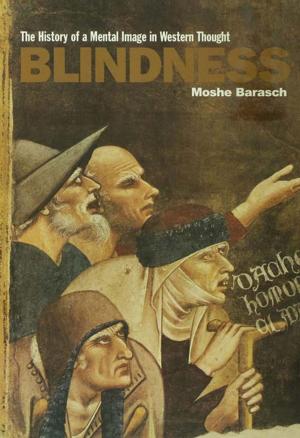| Author: | Alan Sangster, Richard M.S. Wilson | ISBN: | 9781317979845 |
| Publisher: | Taylor and Francis | Publication: | October 29, 2014 |
| Imprint: | Routledge | Language: | English |
| Author: | Alan Sangster, Richard M.S. Wilson |
| ISBN: | 9781317979845 |
| Publisher: | Taylor and Francis |
| Publication: | October 29, 2014 |
| Imprint: | Routledge |
| Language: | English |
This book presents the views of accounting educators, accounting education policy-makers, and accounting practitioners from across the world on the challenging topic of liberalising the accounting curriculum within university education. Accounting is a relatively new subject within universities and has been absorbed into a high level of education without any real attempt to do so within the traditional ethos of a liberal arts education.
In this book, the logic of teaching using the liberal arts is described and contrasted with the practical vocational training approach of teaching which has formed the foundation of accountancy courses for many years. A proposal to change this established practice, by integrating the liberal arts into the university accounting curriculum, is followed by a series of short chapters which address the relevance, validity and worthiness of the proposed approach. Comments and counter-arguments are then discussed before further chapters illustrate how the proposed change may be achieved in a variety of different contexts – ranging from that of the global financial crisis (which began in 2008) to the inclusion of ethics and sustainability within the accounting curriculum.
This book will aid those teaching accounting in universities to improve the design of their accounting degree programmes by moving away from an excessive emphasis on technical skills towards a broader consideration of a liberal contextualisation of the accounting curriculum.
This book was originally published as a special issue of Accounting Education: an international journal.
This book presents the views of accounting educators, accounting education policy-makers, and accounting practitioners from across the world on the challenging topic of liberalising the accounting curriculum within university education. Accounting is a relatively new subject within universities and has been absorbed into a high level of education without any real attempt to do so within the traditional ethos of a liberal arts education.
In this book, the logic of teaching using the liberal arts is described and contrasted with the practical vocational training approach of teaching which has formed the foundation of accountancy courses for many years. A proposal to change this established practice, by integrating the liberal arts into the university accounting curriculum, is followed by a series of short chapters which address the relevance, validity and worthiness of the proposed approach. Comments and counter-arguments are then discussed before further chapters illustrate how the proposed change may be achieved in a variety of different contexts – ranging from that of the global financial crisis (which began in 2008) to the inclusion of ethics and sustainability within the accounting curriculum.
This book will aid those teaching accounting in universities to improve the design of their accounting degree programmes by moving away from an excessive emphasis on technical skills towards a broader consideration of a liberal contextualisation of the accounting curriculum.
This book was originally published as a special issue of Accounting Education: an international journal.
